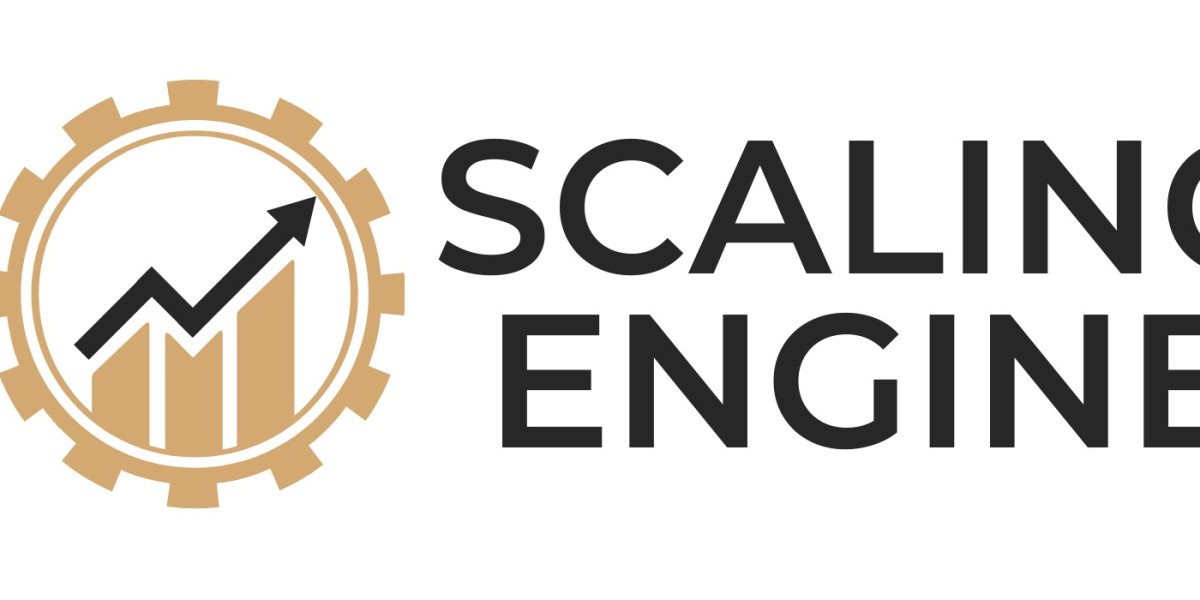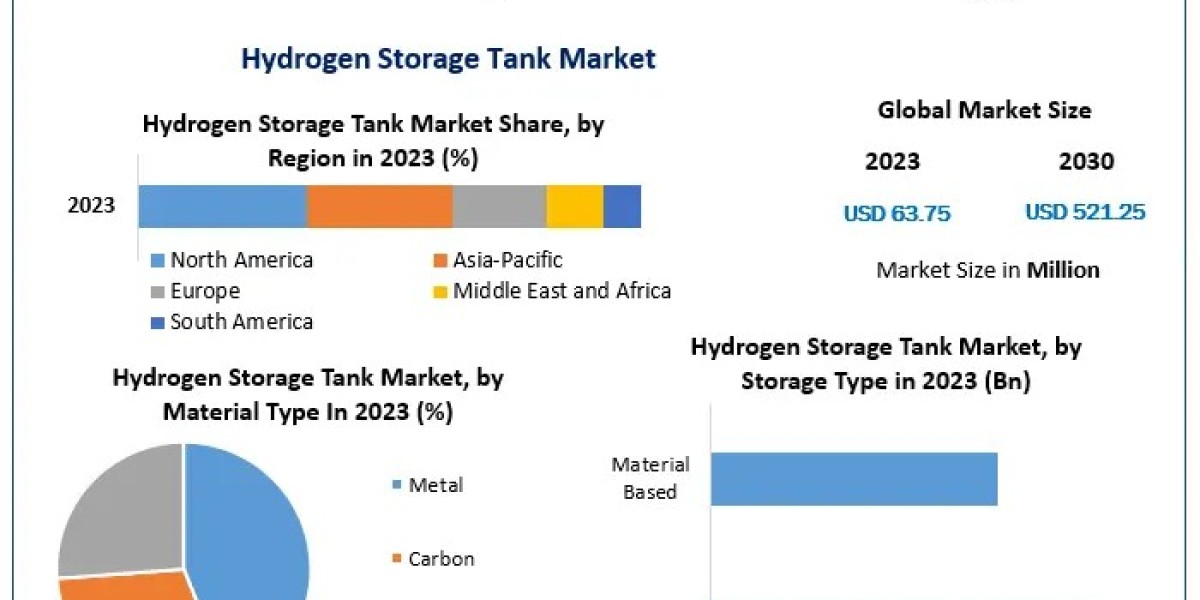The Future of B2B Lead Generation Services: Trends to Watch in 2024
In today's rapidly evolving business landscape, B2B lead generation services are undergoing significant transformations. As companies seek to stay competitive and drive growth, understanding the future trends in lead generation is crucial. The year 2024 promises to bring exciting developments that will reshape how businesses attract and convert leads. From the integration of AI to the increasing emphasis on personalization, this article will explore the key trends to watch in B2B lead generation services.
The Growing Importance of AI and Automation
How AI is Revolutionizing Lead Generation
Artificial Intelligence (AI) is no longer just a buzzword; it's a powerful tool reshaping B2B lead generation services. AI's ability to analyze vast amounts of data in real-time allows businesses to gain deeper insights into their target audience. This, in turn, enables companies to create more accurate customer profiles, predict behaviors, and customized marketing strategies accordingly.
For example, AI-driven tools can automate the process of identifying potential leads by analyzing online behaviors, purchase histories, and social media interactions. This level of precision ensures that sales teams focus their efforts on high-quality leads, increasing the chances of conversion. As AI continues to evolve, its role in lead generation will only become more integral.
Automation Tools for Streamlining Processes
Automation is another trend gaining momentum in the realm of B2B lead generation services. Repetitive tasks such as email follow-ups, data entry, and lead scoring can now be automated, freeing up valuable time for sales teams to engage in more strategic activities. Marketing automation platforms like HubSpot and Marketo are increasingly being adopted to streamline workflows and improve efficiency.
In 2024, we can expect automation to become even more sophisticated, with tools that not only automate tasks but also offer predictive analytics. These tools will provide insights into when a lead is most likely to convert, allowing for more targeted and timely outreach.
Personalization and Targeted Outreach
The Shift Towards Hyper-Personalization
As competition intensifies, personalization is emerging as a key differentiator in B2B lead generation services. Generic, one-size-fits-all marketing messages are becoming less effective. Instead, businesses are focusing on hyper-personalization, where every interaction is designed to the individual needs and preferences of the lead.
Hyper-personalization involves using data to create customized content, offers, and communications that resonate with specific segments of the audience. This approach not only improves engagement but also builds stronger relationships with potential clients. In 2024, expect to see more businesses leveraging AI and machine learning to achieve even greater levels of personalization.
Advanced Segmentation Techniques
To effectively implement personalization, advanced segmentation techniques are essential. By dividing the target audience into smaller, more defined groups based on factors such as industry, company size, and buying behavior, businesses can craft messages that speak directly to the unique challenges and needs of each segment.
This level of granularity in segmentation ensures that marketing efforts are more focused and relevant, leading to higher conversion rates. As data collection and analysis techniques continue to improve, advanced segmentation will become a cornerstone of successful B2B lead generation services.
The Role of Data in B2B Lead Generation
The Growing Value of First-Party Data
In a world where data privacy is becoming increasingly important, first-party data is gaining prominence in B2B lead generation services. First-party data refers to information that a company collects directly from its customers through its own channels, such as websites, apps, and CRM systems. This data is not only more reliable but also less affected by changes in third-party data regulations.
As businesses seek to build trust with their audience, the use of first-party data will become more widespread. This data allows for more accurate customer insights, which in turn enables more effective targeting and personalization. In 2024, companies that prioritize the collection and utilization of first-party data will have a competitive edge in the lead generation space.
Predictive Analytics and Lead Scoring
Predictive analytics is another data-driven trend set to shape the future of B2B lead generation services. By analyzing historical data, predictive analytics tools can forecast future outcomes, such as the likelihood of a lead converting into a customer. This enables businesses to prioritize their efforts on leads that are most likely to yield results.
Lead scoring, which assigns a value to each lead based on their likelihood to convert, will also become more sophisticated with the help of predictive analytics. This allows sales teams to focus their attention on the most promising leads, improving overall efficiency and effectiveness.
Multi-Channel Marketing Strategies
Integrating Social Media for Lead Generation
Social media is no longer just a platform for brand awareness; it's a powerful tool for B2B lead generation. Platforms like LinkedIn, in particular, have become essential for reaching and engaging with potential clients. In 2024, integrating social media into multi-channel marketing strategies will be more important than ever.
By leveraging social media, businesses can connect with leads on a more personal level, share valuable content, and drive traffic to their websites. Additionally, social media advertising allows for highly targeted campaigns that can reach specific segments of the audience based on factors such as job title, industry, and company size.
The Rise of Video Content in Lead Generation
Video content is rapidly becoming a preferred medium for B2B marketing, and this trend is expected to continue in 2024. Videos are engaging, easy to consume, and can convey complex information in a more digestible format. From product demos to customer testimonials, video content can be used at various stages of the lead generation process to capture attention and build trust.
Incorporating video into email campaigns, social media posts, and landing pages can significantly boost conversion rates. As video production becomes more accessible, businesses of all sizes will be able to leverage this powerful tool in their lead generation efforts.
The Future of Outsourcing Lead Generation
The Increasing Demand for Specialized Agencies
Outsourcing B2B lead generation services to specialized agencies is a trend that is expected to grow in 2024. As lead generation becomes more complex, many businesses are recognizing the benefits of working with experts who have the skills and tools necessary to drive results. Specialized agencies can offer targeted strategies, advanced technology, and industry-specific knowledge that may be difficult to achieve in-house.
Cost-Effectiveness and ROI of Outsourced Services
One of the primary reasons businesses choose to outsource lead generation is cost-effectiveness. By working with an external agency, companies can save on the costs associated with hiring, training, and maintaining an in-house team. Additionally, agencies often have access to advanced tools and technologies that can improve the efficiency and effectiveness of lead generation efforts.
In 2024, the ROI of outsourced lead generation services is expected to remain strong, making it an attractive option for businesses looking to maximize their marketing budgets.
Conclusion
The future of B2B lead generation services is full of exciting possibilities. From the integration of AI and automation to the growing emphasis on personalization and data-driven strategies, businesses must stay ahead of these trends to remain competitive. As we move into 2024, the key to successful lead generation will be adaptability, transparency, and a commitment to ethical and sustainable practices








